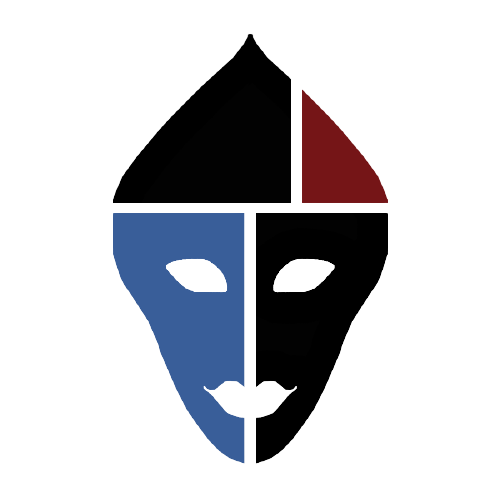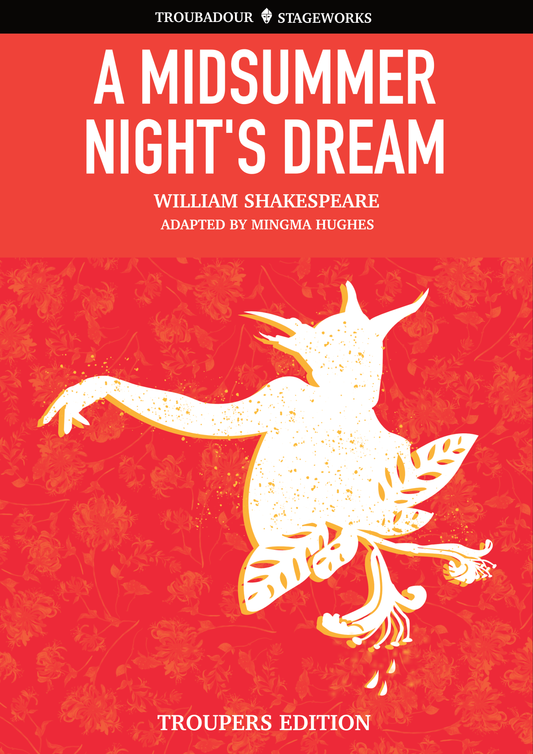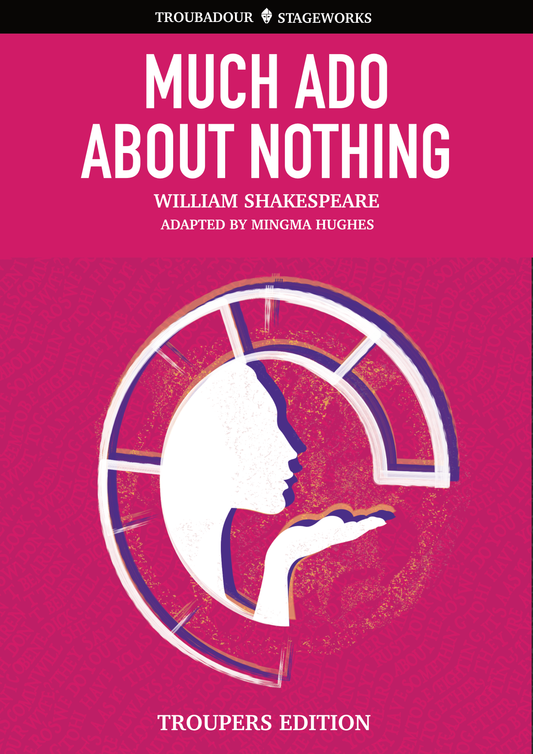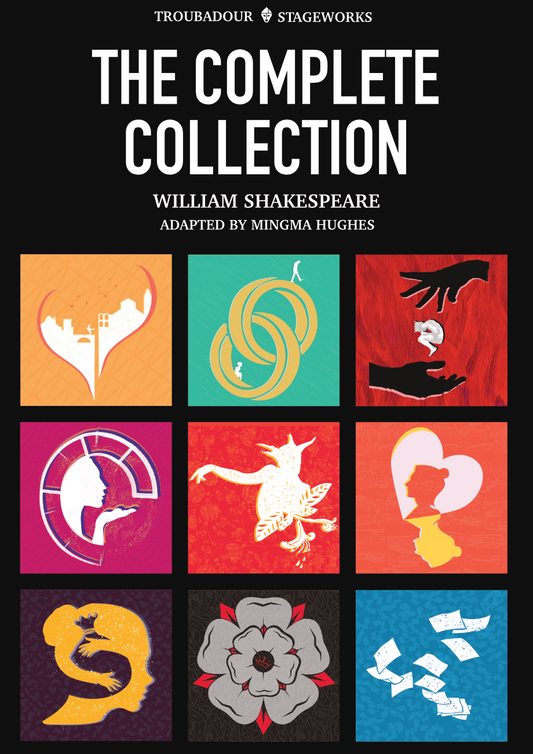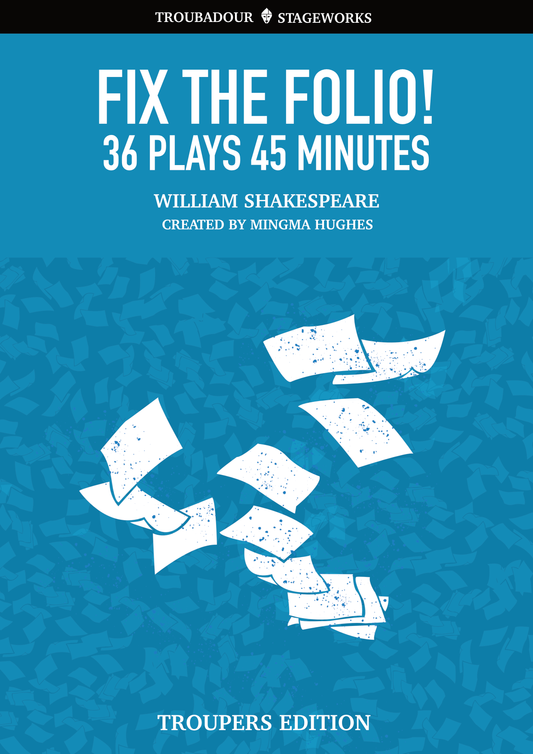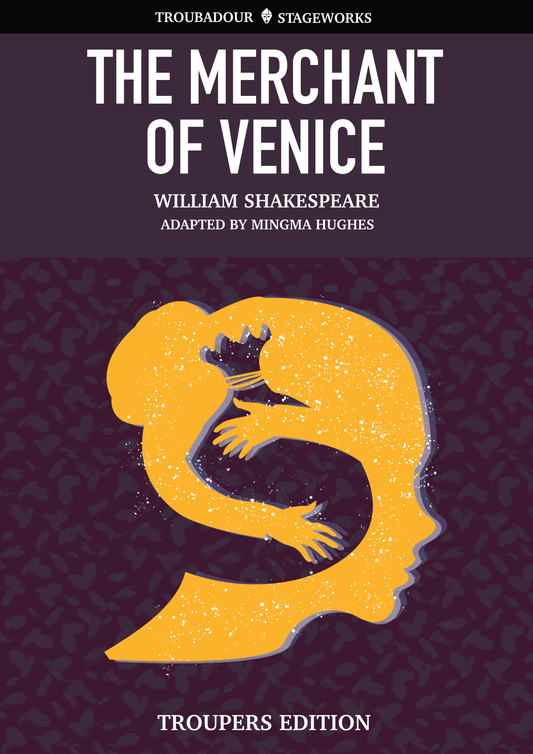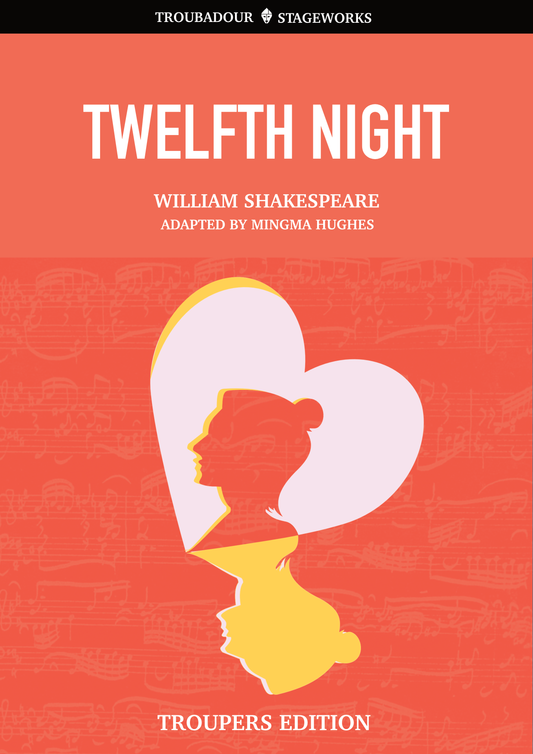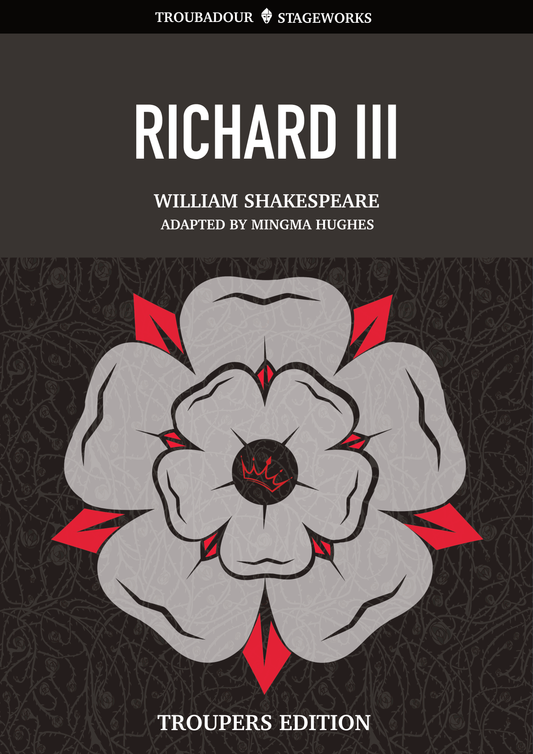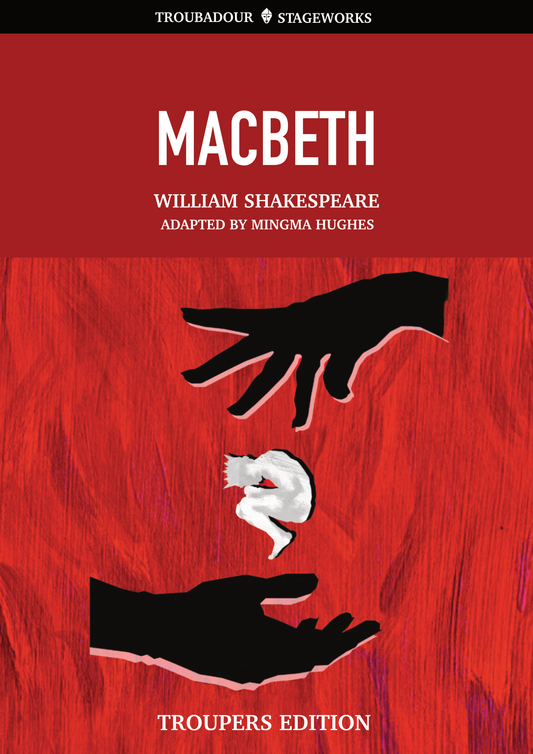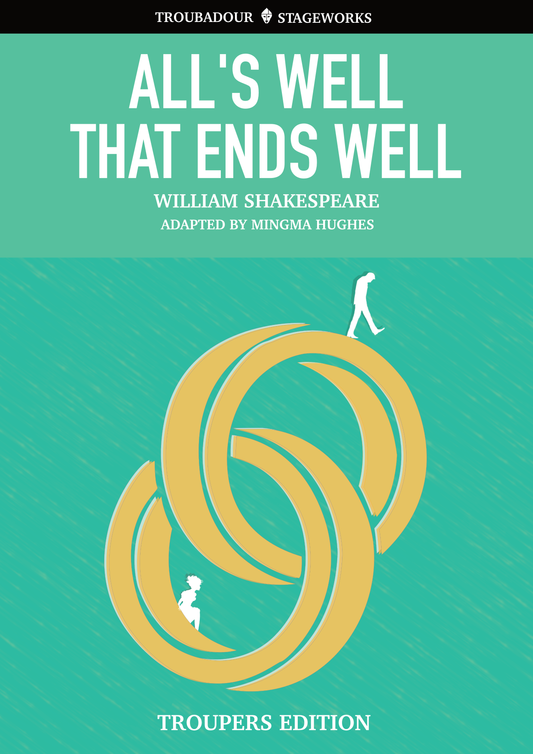Our 2023 Fundraising Video
Who we are and what we do?
We are an arts & theatre charity bringing communities together through stories - breathe life into your local history, rediscover an old classic, or experience new writing in exciting and unique venues.
‘It’s a whirlwind. It’s amazing. It’s a thing to behold.’ Lady Lucy French, CBE, on Fix the Folio, 2023
‘Great production last night’ Dan Snow on Much Ado About Nothing, 2022
‘My heartfelt congratulations to you all’ Hugh Bonneville, Alls Well That Ends Well, 2021
ACCESS TO THE ARTS EVERYWHERE
Geographic Access
We tour nationwide to any location. We purposefully keep our productions portable and non-tech reliant, meaning all venues are logistically possible.
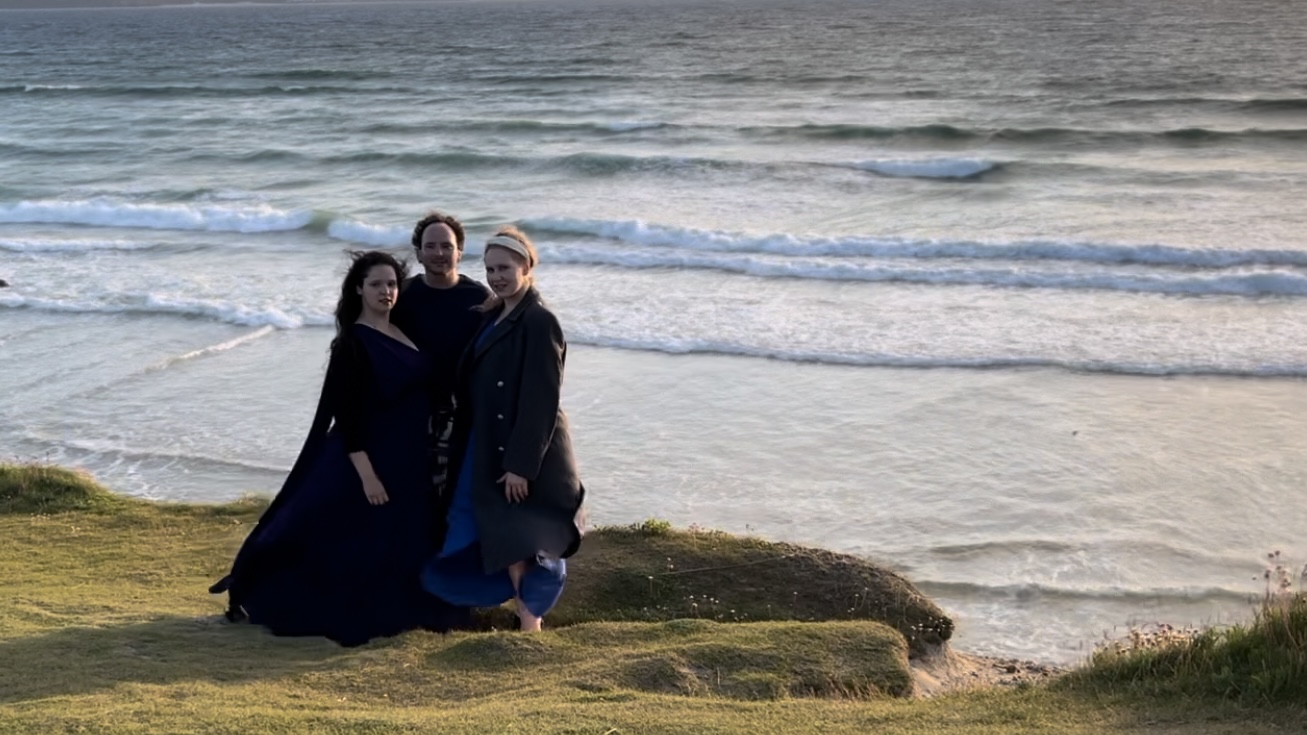
Funding for The Arts is focused in major urban centres, though the arts council is changing its focus the effect is not yet felt and the South West, currently our main area of operation, is the most underfunded in the UK**.
For rural inhabitants not only does this make the arts distant, there is the added cost of driving to a town, the time it takes, and the necessity of overnight accommodation are all additional prohibitive costs to engaging in live storytelling.
In 2021 I was told by the headmaster of a rural Cornish primary school, where nearly all the pupils were on free school meals and the region is on the UK governments 30% LSOA deprivation index, that he feared more for the futures of the rural students in his care than his previous inner city pupils, because the inner city pupils had the opportunity to walk to another part of town and see aspiration. A different type of life that can be striven for. In some rural areas, generations of the same family never leave the local town. If a different life is not able to be witnessed, it cannot be dreamt and striven for.
Economic Access
Live storytelling is the social and cultural activity of sharing stories, sometimes with improvisation, theatrics, or embellishment. It exists (and existed) to entertain, to inform, and to pass on cultural traditions and values.
Have you ever edited an essay? Isn’t it odd how you always find something more to cut or to tweak. Imagine that experience for centuries - as stories are distilled to fundamental truths through repetition.
One key and magical aspect to oral storytelling was its improvisatory nature: a story told specifically for members of an audience must change subtly to their reactions in order to keep them enthralled. This improvisation is sensed by the audience and therefore it gains a magical atmosphere as they feel they have ‘actively contributed to the birth of a shared unique experience’.
Ben Haggarty, 'The art and alchemy of traditional storytelling', RSA Journal, 147 (1999), p. 96)
Storytelling is part of our historic heritage and should not be gatekeeped by economic access. As such at Troubadour Stageworks we cut everything to keep costs low: no set, no van, minimal props.
Even so theatre is expensive. It is a gamble- virtually all costs are upfront on the assumption of success.
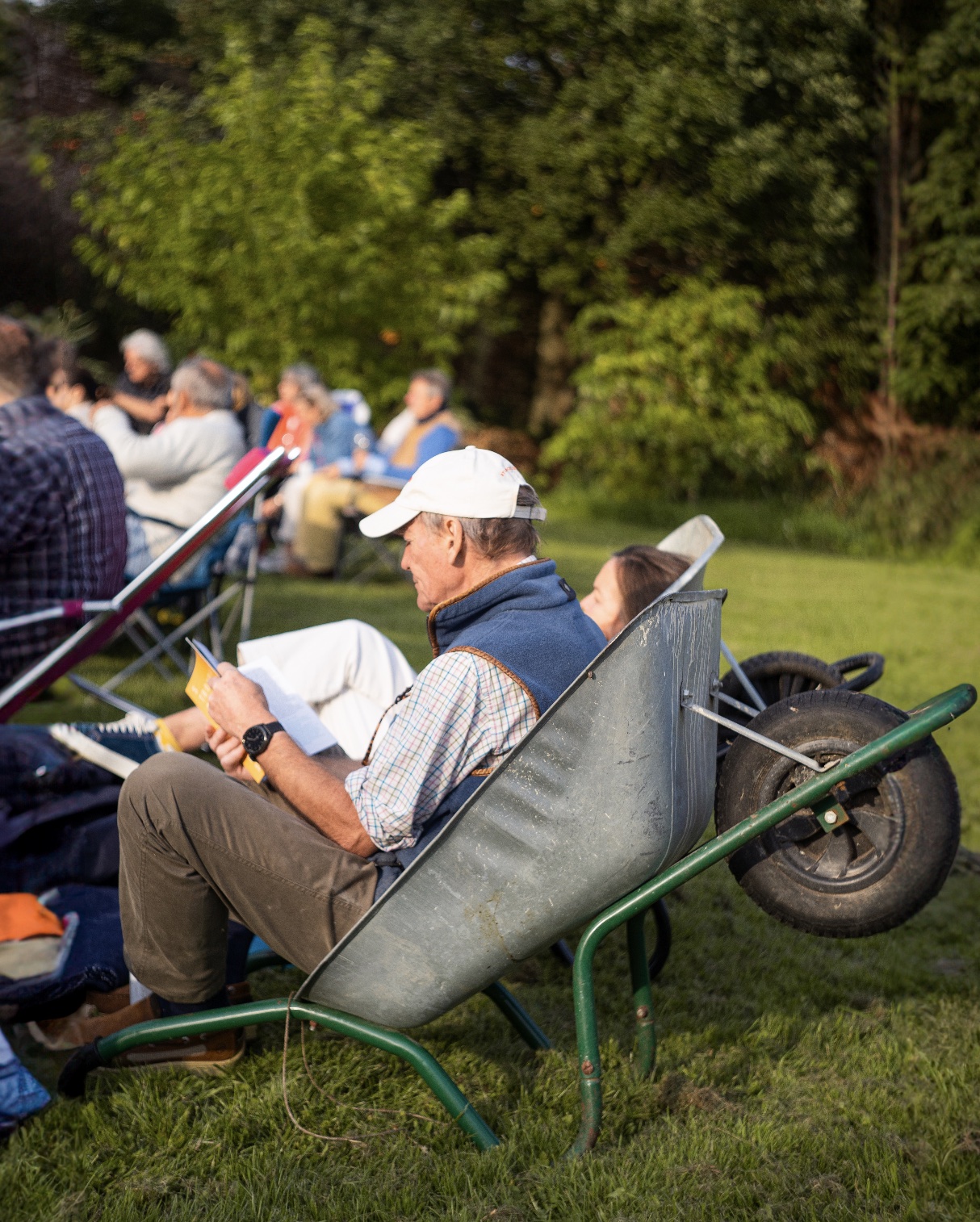
Story Access
Performing within the familiar.
If you have never experienced theatre before it not just the story that is new: it is the experience of driving to the theatre, buying and checking of a ticket, the shuffle to seats in the middle row, dress code, accepted audience etiquette while lights are down. To the newcomer much can be intimidating.
We bind our stories to local places, the familiar. By creating a stage in any space not only do we create unique shows every evening that complement both space and text equally, we also remove an immediate barrier to access. Shows in familiar locations, with the option for a 5 year old to watch a scene, and then play, for someone with back pain to change between sitting and standing and move around, choose your viewing spot, all allow theatre to be that much more accessible.
.jpeg)
In 2022 over 60% of our venues had never hosted live events or been involved in the arts before partnering with us, encouraging them to continue similar projects in the future.
Our approach to text
‘storytelling supports the improved development of critical thinking skills, creativity, active participation/engagement in learning, literacy skills, narrative thinking abilities, self-exploration, and interpersonal skills.’
Denise Agosto, ‘If I Had Three Wishes: The Educational and Social/Emotional Benefits of Oral Storytelling’, Storytelling, Self, Society, 9, 1 (2013)
Some may consider our focus on classical literature and new writing unusual when introducing theatre to new audiences, but what we have found is those very audiences respond more positively to an old story told well than a new story to which they feel no connection.
A story does not need to be dumbed down. It is our jobs as creatives to make original text accessible and that starts with understanding, both through workshops and fundamentally priorities in our rehearsal process. If all the actors understand the text, poetry and underlying themes, that understanding can be passed on.
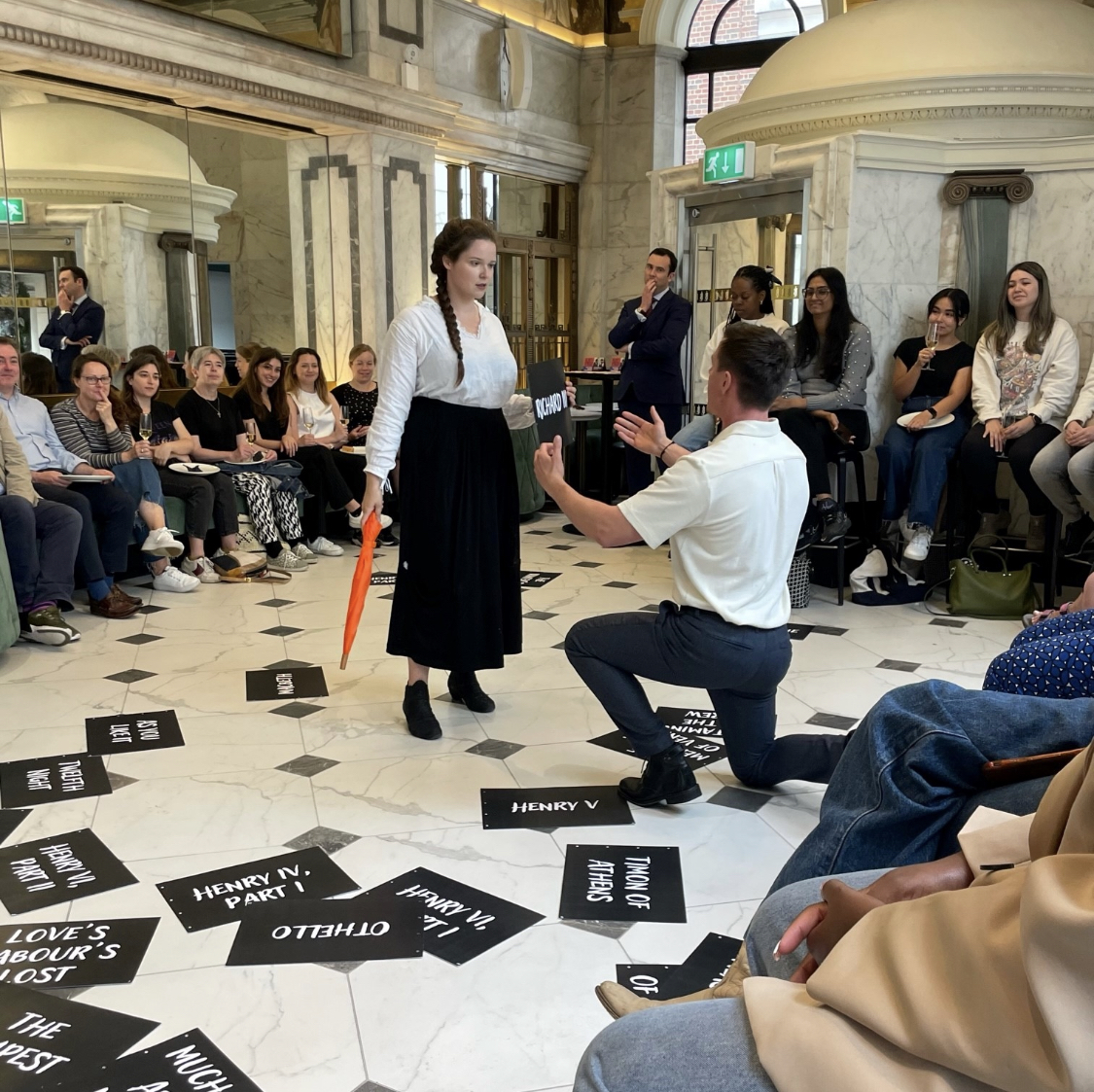
We were struck last season by audiences, both in The Odyssey and Romeo and Juliet, reporting their bemused pleasure that, though we stuck true to the parts that were 17th and 18th century poetry, they found our approach both accessible and understandable.
Within our school work we have children as young as 6 enjoying Shakespeare, and so actively encourage key stage 2 and upwards to engage with classic texts. Not only is it part of our cultural heritage, it also builds vocabulary and expands oracy, which is a current governmental priority.
A narrow vocabulary hinders pupils at every stage of education and future life as everday tasks like formulating an argument and filling in a job application and attending interviews become insurmountable barriers to entry in the modern world. Pupils’ acquisition and command of vocabulary are key to their learning and progress across the whole curriculum. Classic literature is full of new words, new text conventions and provides an easy path to appreciating our rich and varied literary heritage.
So how does it all work?
We arrive in a new area and establish connections with community leaders. After agreeing a playing location for future shows we reach out to local schools and offer one off workshops or a more engaged longterm programme. These can take the form of a day focusing on Shakespeare, writing, curricula specific or mental health and confidence exercises. As we engage regularly with the community over a number of years the depth of our involvement can deepen, with more shows presented through the calendar and more chances for community involvement to grow.

How do we work with schools?
Every school is different, with differing provisions for delivering these subjects. Our programme is not designed to replace the work the school is already doing: instead we want to supplement the areas of the curriculum that the teachers feel need more support.
At the planning stage of the programme we will discuss with teachers which areas of provision they would like us to focus on in our workshop. If you want a broad approach covering several disciplines we can supply learning resources and lesson plan ideas in advance for teachers to use in several classes: Music, Art, English... and even Maths!). We have further digital video resources that can supplement these lessons. Students can use techniques learned from all their classes to deliver a single project (see the example project for further information). This creates a unique opportunity for pupils to develop independent learning skills and draw all subjects together and implement knowledge from all areas of the curriculum.
In other cases schools may prefer that we concentrate on one discipline like English, Music or Drama in delivering something related to the schools current History or English syllabus.
Case Study: we help a school create a show!
In Art pupils can draw sets and costumes. In Maths they can make their costumes and sets into scale models, work out how much what they have designed might cost to build using different materials. In Music they can learn one of our arrangements of a Shakespeare song. In English they can explore the text of the play they will perform. We will provide resources to make all these learning avenues possible.
A group of 30 children can be split into two or three groups. Within each group we need the pupils to decide whether they wish to be actors, a director, a producer, a costume designer and a prop designer. Each allocated role will help them create their very own theatre show (we provide the job descriptions and the starting points).
Before our main day the creative team of each group should have decided their ‘vision’ for the show. The teams will have decided how their show will look, using the scale models as a shortlist of ideas and they will have sourced materials to make props and costumes (we provide a framework of what needs to be decided- ‘sourcing’ can be as simple as sharing home clothes and asking parents for cereal boxes etc). They will also have decided their own time allocation for how the day will run (who needs help when etc), and who is in charge of which tasks.
On the day, one of our professional actors (Troupe Leader) will lead an introduction to the play, and a short workshop on the text and general rehearsal techniques. The children will then be free to follow their rehearsal and project plan. The Troupe Leader will float between groups giving direction, problem solving and help where necessary.
After the performance to their peers and families, every child will receive personal feedback and a Troubadour apprentice certificate in the theatre field they worked in that day. This will include a discount code for them to come to a Troubadour show that season.
